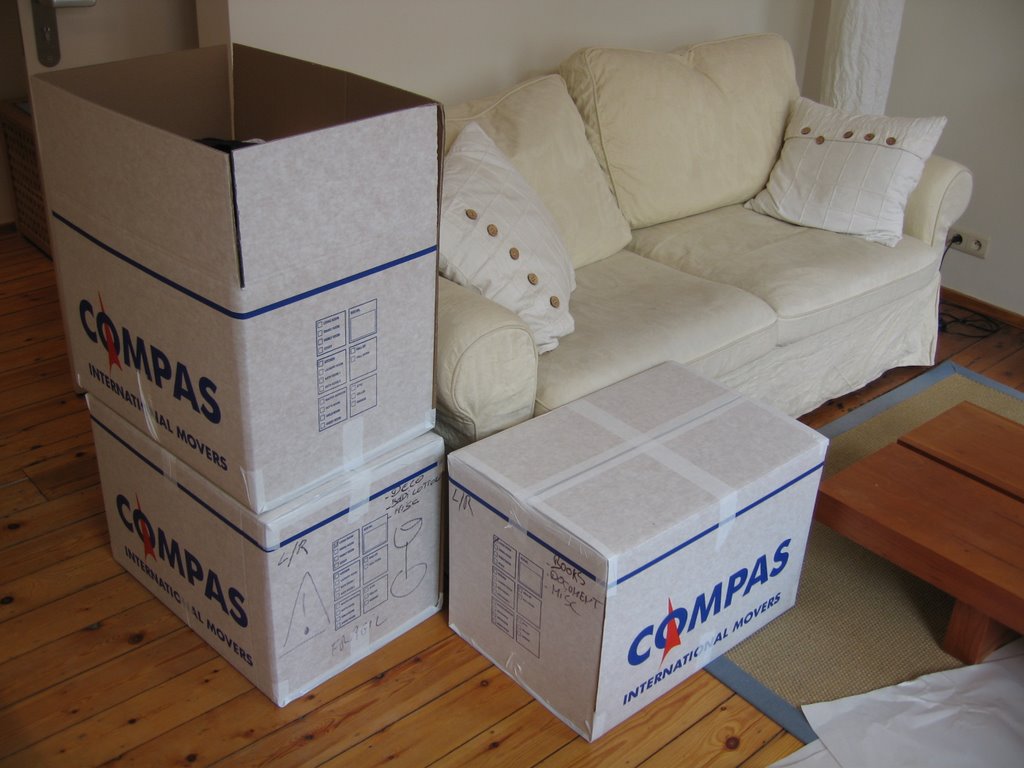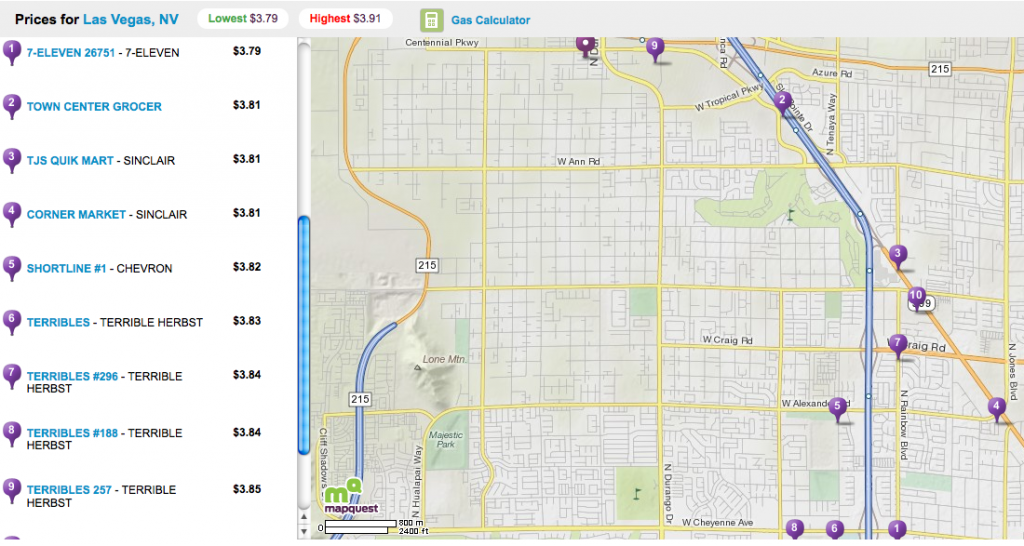If you missed Part 1, check it out now (funk soul brother)

This is what happens on the 365th day of most lease-option agreements. Either that, or someone reups.
Don’t confuse a lease option with its sturdier sibling, a lease purchase, in which you’re obligated to sell the house and the tenant is obligated to buy (unless you mutually agree not to.) Because clearly you should avoid this, we’re not going to explain why you shouldn’t. You shouldn’t smoke cigarettes either, but if you don’t know why we’re not going to waste time telling you.
Again, it’s called a lease option. You want the tenant to be in a position where she can choose to buy the house. If she’s required to buy the house, that means you’re required to sell it. You want to hold on to your asset if at all possible.
We’ve left one crucial piece of information out so far. How many tenants exercise their lease options and live happily ever after?
Some estimates range as low as 5%, which common sense should dictate is a reasonable figure. Again, to exercise the option the tenant has to be able to diligently save for 12 months (or however long the lease is.) Leopards don’t change their spots. Why wasn’t the tenant able to have saved that money in the first place? The vast majority of lease-option tenants simply don’t have the self-control to build up a down payment. What they do have are dreams built on gossamers.
Would you buy a lottery ticket with a 95% chance of winning? For a smart landlord, that’s what a lease-option is. The downside here is minuscule. Not negligible, but tiny. Remember, the worst-case scenario is that you got a year’s worth of free money. For that worst case to happen, the appraised value of your house has to have risen enough that it’s worth the tenant’s while to make an offer. Plus the tenant has to be good for the money. Future housing prices and your tenant’s ability to save are two variables out of your control, but the odds are still hugely in your favor.
One advantage to lease-options is that they work in both expensive and cheap housing markets. In the former case, tenants are looking to lock in a price for fear that eventually they won’t be able to ever buy anything. In the latter case, when the likelihood of the tenant exercising the option is greater (yet still small), you the landlord protect yourself against any potential losses. While still charging premium rents.
(Obligatory paragraph about the morality of this, and seriously, we’re not going to address this again. The tenants know what they’re getting into. They have to sign the lease-option agreement, which means they’re obligated to read it or get someone to explain it to them.)
Really, the only downside is the 5% chance that you could “lose” (i.e. have to sell) your house. Even if that’s a conservative estimate, it’s still overwhelmingly likely that once your lease-option term expires, you’ll still have a house and your tenant will have nothing. That house remains an asset, and not just in that it’s got a dollar value attached to it. At Control Your Cash, we define an asset as something that’ll help you grow wealth (You really need to read the book.)
The house doesn’t just have an intrinsic worth, it enables you to increase your own worth by letting you rent it out – over and over again.
One more thing. Make sure your lease-option agreement prohibits the tenant from coming to the end of the term, not having the money to purchase the house in hand, and thus simply assigning the option to someone else whom she can then buy the house from at her convenience. This is called a “non-assignability” clause. You don’t want the tenant’s rich uncle covering for her and taking your asset.
Rent-to-own is how certain enterprising furniture and appliance sellers got obscenely rich. If there are enough people out there who can’t even muster up the requisite money to buy a sofa without making a year’s worth of payments, imagine how many more can’t do the same thing for a house.
**This article is featured in the Carnival of Personal Finance #319-Summer Heat Wave Edition**




